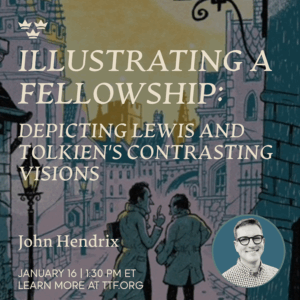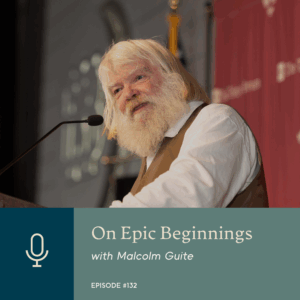Hope in an Age of Anxiety with Curtis Chang & Curt Thompson
May 12, 2023
Overview
Speakers
-
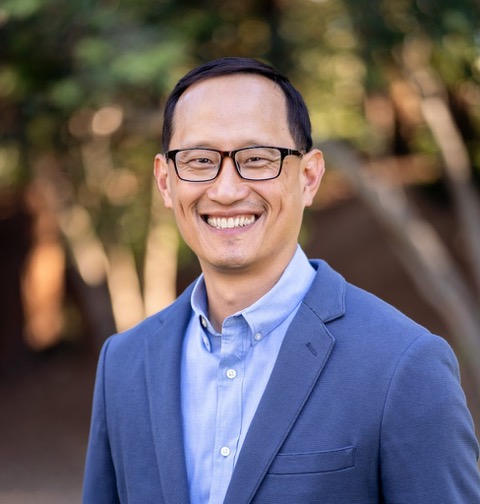 CURTIS CHANG
CURTIS CHANG -
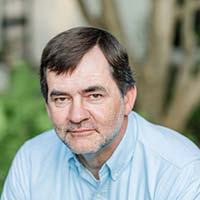 CURT THOMPSON
CURT THOMPSON -
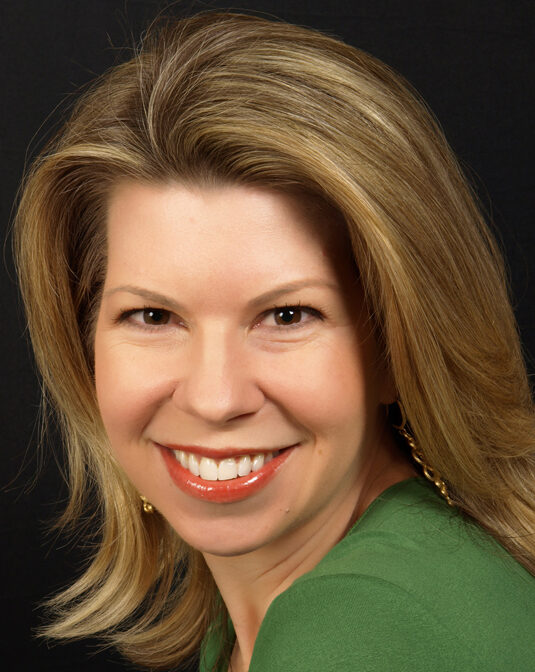 CHERIE HARDER
CHERIE HARDER
SHARE
